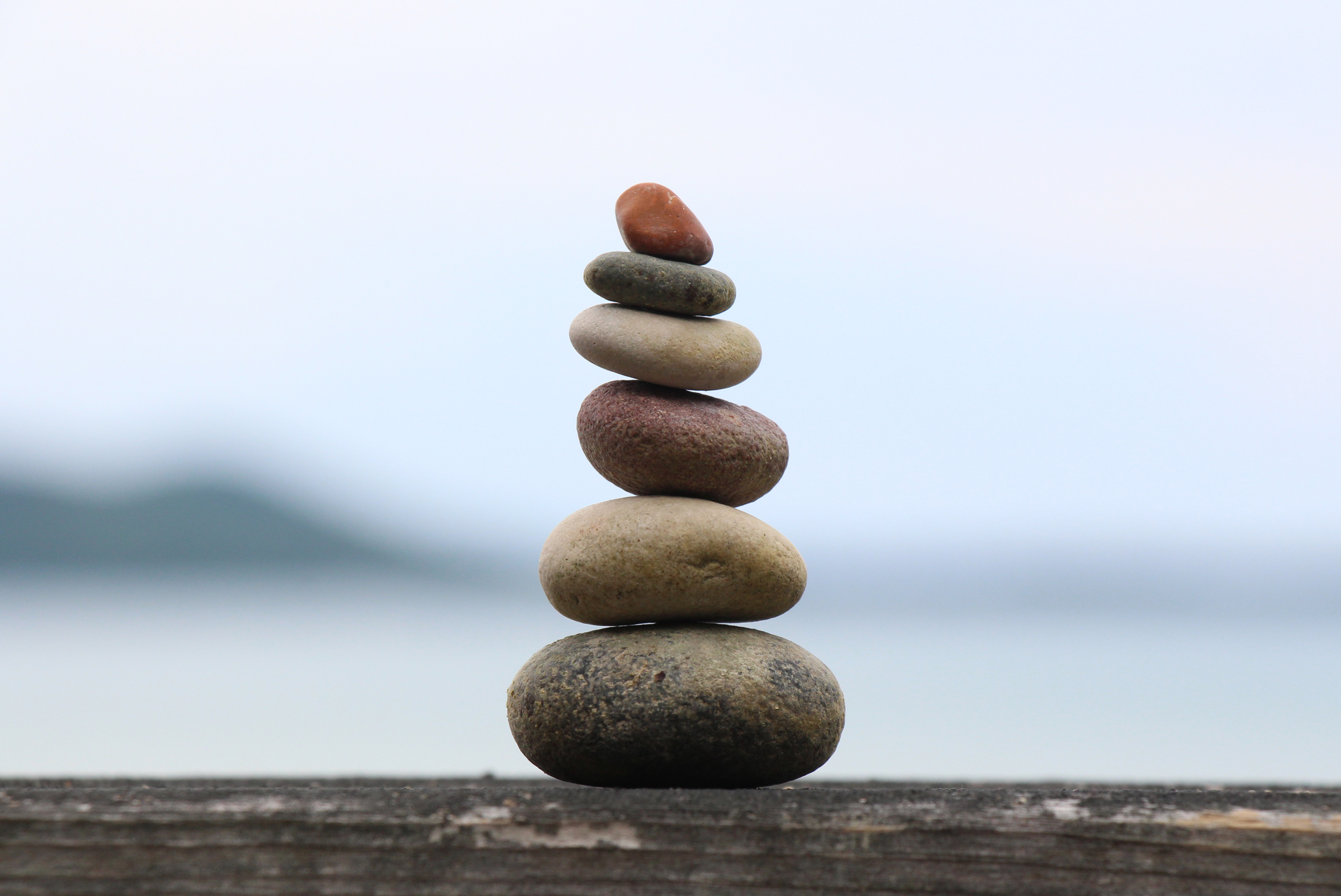
Chances are, you've been one of your doctor's star patients and have kept up-to-date on your recommended vaccines: tetanus, flu, pneumonia, etc. The goal of an inoculation is to keep you healthy, of course. A quick stick, and you have better odds of staying well.
Wouldn't it be nice if there were a quick stick to help prevent stress in your life? Well, there's not quite a vaccine to prevent your bills from showing up in your mailbox or to keep your boss from piling on the work. But there is a way to use regular stress-inoculating behaviors to benefit your brain, mood, and functioning!
Stress Inoculation Therapy is a form of counseling where people learn skills that can help them face stressful situations with less distress. This is a form of therapy I use regularly in my counseling practice, and the pay-offs are so rewarding to see! It's great when therapy clients learn to anticipate their stress pitfalls and know in advance what coping skills to use if/when the triggers happen. Clients feel empowered by this kind of counseling, and enjoy a much greater sense of control over their feelings and behaviors -- instead of feeling like stress is in control.
There are some simple ways you can help prevent rising stress levels without therapy, too. Consider ways that you can build stress-busting activities into your daily routine. The idea is that if you keep yourself in a routine of helpful and relaxing activities, you'll be in greater mental state of calm when stress does inevitably hit. Here are a few ideas:
- Get more exercise -- Science has shown that our brains release endorphins, our natural feel-good chemicals, when we exercise. Even if you are too busy for the gym or an hour-long run, you can add a little more physical effort into your daily routines:
- Park at the back of the parking lot instead of near the front door when you go shopping or get to work.
- Take the stairs instead of the elevator.
- When watching TV, don't fast forward through commercials -- use that time to be active by walking in place, doing jumping jacks, or getting in some squats or lunges.
As a reminder, you should always talk to your doctor before beginning any new exercise routine and get his or her clearance before starting!
- Meditate -- A regular routine of meditation is proving beneficial in numerous ways. It helps reduce insomnia, can help relieve gastrointestinal distress, and may even reduce the risk of inflammatory diseases. One sure benefit experienced by millions of people worldwide is a greater sense of inner calm.
With the advent of phone apps, modern technology has made it easier for people who want to learn to meditate. Check the App Store or Play Store for cheap and even free meditation apps.
YouTube is another great resource for guided meditations and imagery exercises.
Adult Coloring Books are all the rage and easy to find at just about any store. Adult Color-ers have spoken of the meditative quality of this activity. Try it and see!
Put your phone on silent mode while practicing your meditation. Often times, unplugging from the "hectic connectedness" is reenergizing. Besides, there's nothing like a ringing phone to jar you out of your meditative state!
Practice Self-Kindness -- Don't get so caught up in everything stressful that you neglect to nurture yourself. You are going through life the very best way you know how. Even when you feel like you want to do better, you deserve a pat on the back for putting in your all and not giving up. Shift your focus from what you seem to be doing wrong and remind yourself of everything you're doing right. Also keep in mind that the only person who can control your stress level is you. Then, take action with kindness!
- Enjoy something! Take a bubble bath, read a good book, have a conversation with a friend or loved one (or a therapist!), wear your favorite outfit or color, make a list of your blessings. Choose any activity that makes you feel good and set aside time for doing just that!
- Re-evaluate your to-do list. If there are any items that don't have to be done immediately, save them for another day. Focus only on the items that you have time and energy to accomplish today, and ask yourself whether they really are a priority.
- Choose an encouraging and inspiring personal statement and remind yourself of it regularly. These kinds of statements are called affirmations. You can come up with a statement of your own (for example, "In this moment, I choose inner calm and peace"); find a quote from someone else that really resonates with you (brainyquotes.com is a great resource for this); or look toward a religious or sacred texts. Write or print your affirmation on small pieces of paper and put them where you'll see them regularly -- on your bathroom mirror, in your wallet, and on your desk at work.


No comments:
Post a Comment